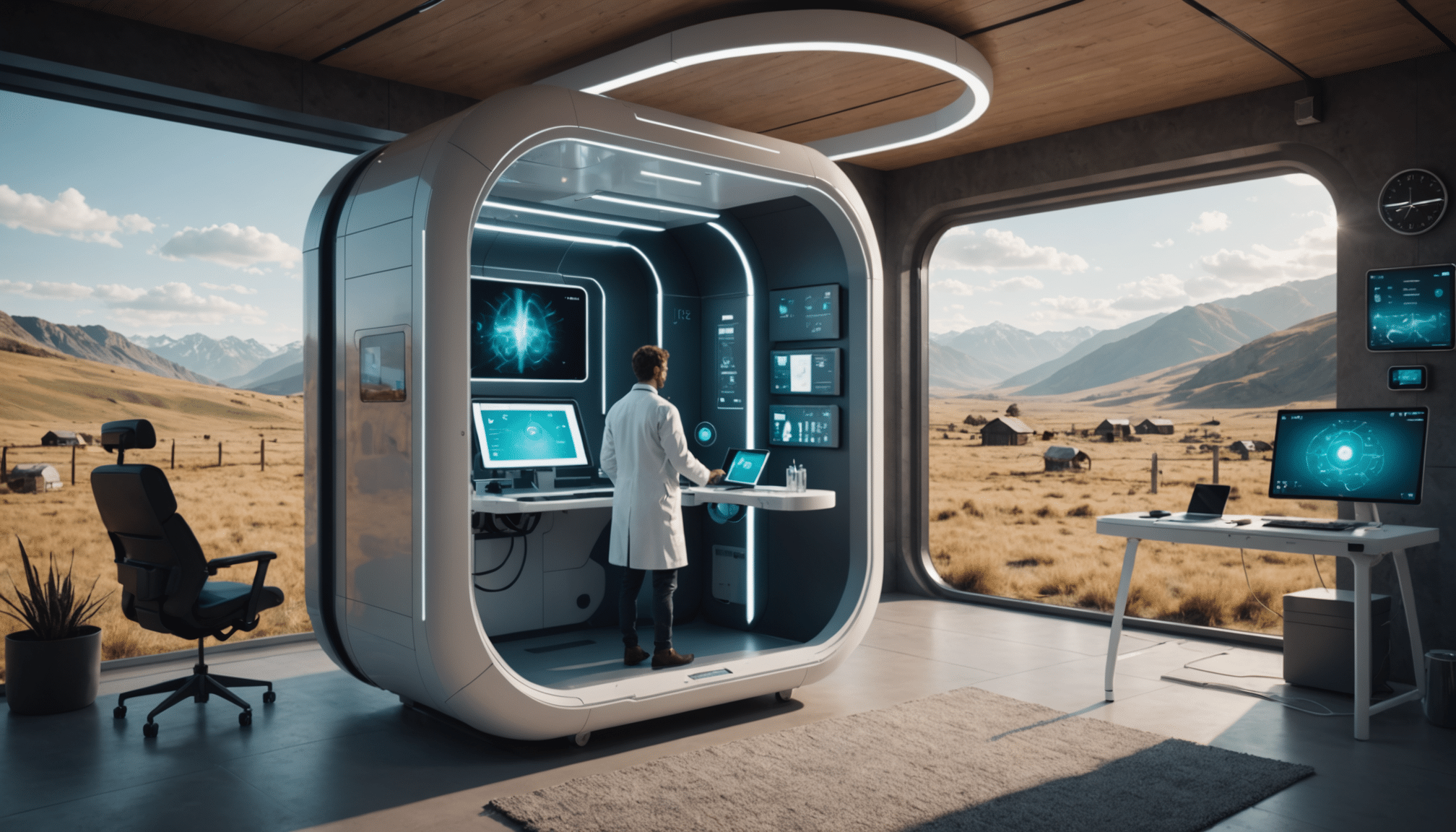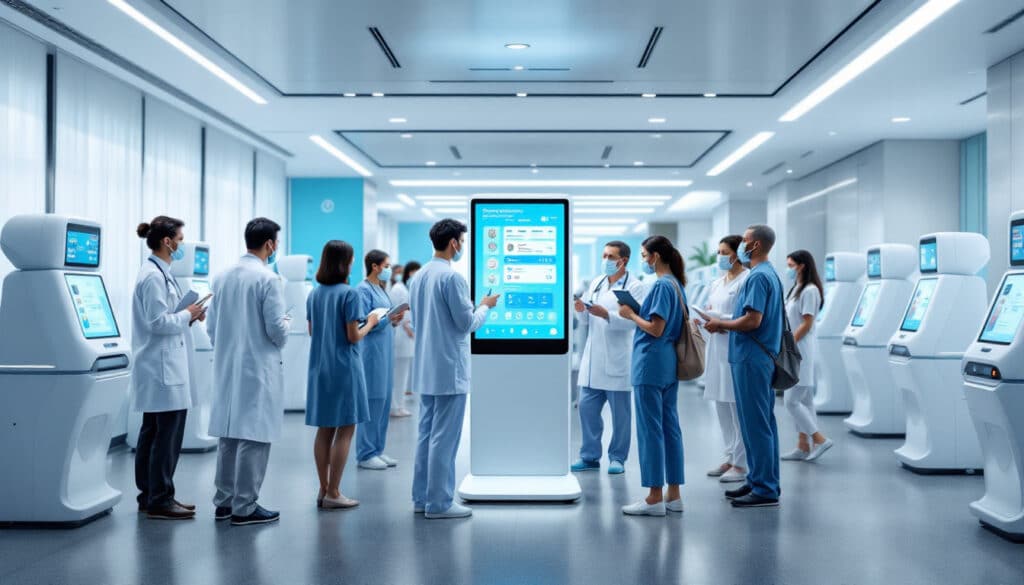The National Federation of Nursing Students (FNESI) has recently chosen to change its name to the National Federation of Students in Nursing Sciences. This name change is part of a dynamic aimed at redefining the perception of the nursing profession, distancing it from mere technicality to highlight reflection, research, and innovation at the heart of nursing sciences.
A change of direction for nursing sciences
During the recent national congress in Marseille, the FNESI announced its transition to a new era under the name National Federation of Students in Nursing Sciences. Why such an evolution? Historically focused on technical training, the nursing field now aspires to a more academic integration similar to that observed in neighboring countries.
According to Mathilde Padilla, president of the FNESI, the term “nursing” is often perceived in a technical manner. By adopting “nursing sciences,” the federation aims to valorize the reflection and academic nature behind the profession, thus highlighting the potential of nurses to engage in research, innovation, and advanced practice.
| Old Name | New Name | Goal |
|---|---|---|
| Nursing | Nursing Sciences | Valorize reflection and research |

The importance of university integration
One of the major ambitions of this change is to reinforce the university dimension of studies in nursing sciences. President Mathilde Padilla stresses the need for a training framework that supports the ambitions of students wishing to pursue master’s or doctoral degrees.
Currently, the educational system of IFSIs is deemed inadequate for contemporary university programs, hindering the advancement of the field towards the desired academic level. Students express a growing desire for access to more advanced training systems, similar to those available in other disciplines and countries.
- Adaptation of teaching units for academic alignment
- Promotion of nursing research from the start of studies
- Certification of skills through more specialized training
Reconciling skills and actions in the nursing profession
Alongside the academic overhaul, the FNESI promotes a shift from a decree of actions to a decree of skills. According to Pauline Bourdin, recognizing unpaid skills, particularly those related to human interactions, is crucial. This also encourages the sharing of skills with other health professionals within the patient’s care pathway.
The challenge is to reconcile this vision with existing liberal practices, finding a balance between the evolution of the profession and the safety of actions reserved for liberal nurses. Innovation and technology become valuable levers to facilitate this change.
How could this academic framework transform the perception of nurses? University integration does not just mean better-trained graduates, but a better integration of medtech advances into everyday practices.
The development of startups and innovations in biotechnology creates an urgent need for informed healthcare professionals capable of integrating these new technologies.
Universal challenges for health students
In an era where health challenges are becoming more complex, the FNESI guides a necessary change. In 2025, students and professionals must face challenges that require continuous adaptation and openness to research, medtech, and revolutionary medical devices.
Despite notable advances, significant disparities persist in access to university services for nursing students. Several regions still impose illegal registration fees, and access to health services in university settings remains limited.
| Current Issues | Proposed Solutions |
|---|---|
| High registration fees | Democratization of services |
| Limited access to health centers | Integration of university services |
The presidential election of 2022 was a crucial event, providing a platform for students to advocate for their cause, not only for health reasons but as a national priority for education and innovative training. The training challenges for students are not just health issues but societal concerns.
Towards a transformation of the health pathway
One of the main missions of the FNESI is to amplify the voices of health students to political bodies. An active lobbying effort, as well as increased awareness among students, so they can organize and understand the challenges they must face.
Often associated with health professionals, students can no longer be seen merely as medical intermediaries. Equipped with new technologies and advanced training, they represent true agents of change capable of positively disrupting health systems.
Perhaps it is time to ask this question: what are the potential complementarities between bioengineering and nursing sciences to maximize collective impact on public health?
- Continuing education through the integration of innovative devices
- Development of research programs in partnership with biotechnologies
- Implementation of advances in extended medical expertise practices
The promising future of nursing sciences depends not only on the expansion of skills but also on their interaction with a global scale of universal challenges that demand adaptability and proactivity.
Guided by an incorruptible long-term vision, the FNESI remains a key player in reorganizing nursing education, making these careers more dynamic and resolutely future-oriented.













